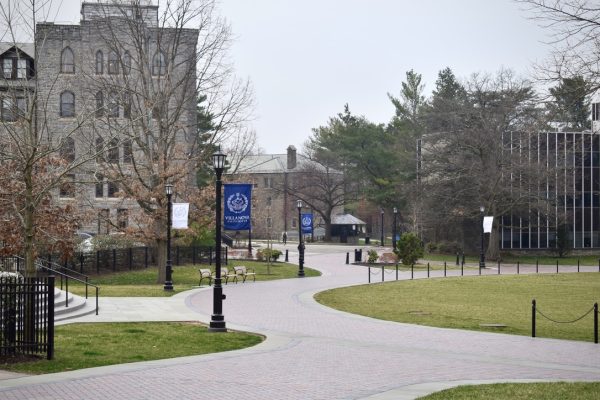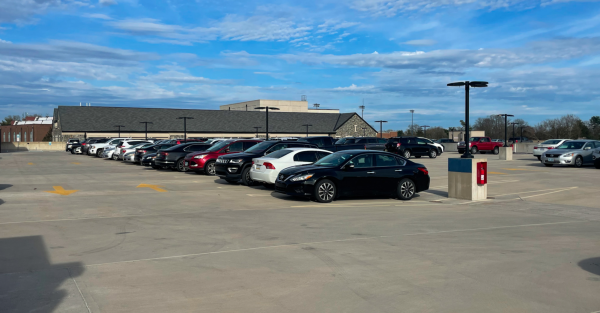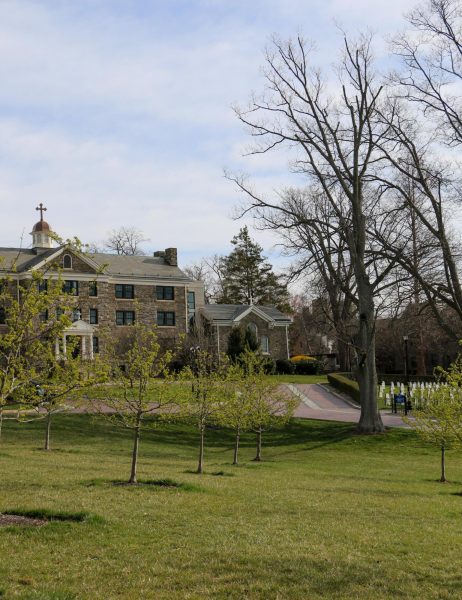Coping With Violence and Promoting a Safe Environment
March 31, 2021
The horrific news that a rape occurred on campus created a feeling of uncertainty and confusion and left many of us feeling unsafe. Violence is an act of anger often unprovoked and never productive. By nature, it leaves destruction in its wake –– equate it to the force of a tornado ripping through a community and the ensuing chaos.
The chaos doesn’t only affect the individual who has been victimized. It leaves the surrounding community grateful, yet guilty, to be spared. There is an underlying fear that violence could happen again and maybe to you. The chaos creates a protectiveness that fiercely surrounds the victim and the most vulnerable. It demands that changes be made.
So, how do we change? Be supportive and be available to listen. If you can’t imagine how the victim feels, don’t say you do. Admit it. Ask what you can do to help. Be sure to follow through.
If you are not directly involved but feel shaken and threatened, speak with someone you trust. This can be a friend, but it doesn’t have to be. If you still need help, use one of the many resources that Villanova offers. This is not a sign of weakness, but rather a sign of strength and personal responsibility. It empowers you to move forward. It alleviates the paralysis that can come from fear. You may still be wary, but you are able to live and thrive once again.
Pragmatically, all should be aware of simple safety measures.
Men and women should carry personal protective devices. Amazon has many of these for sale, primarily sound devices and pepper sprays. All effectively help give time to move to safety when walking alone and alert others to the need for action.
Never be afraid to call 911 if you are in danger and can do so or if you hear such a call for help. The police would rather come for a false alarm than deal with the aftermath of violence.
Have a “buddy,” someone who you are comfortable sharing your plans with and who has your back. If you go out with a friend, your buddy will know if you don’t come back on time and can contact you to be sure that all is well.
If you party, a designated driver is always important. That individual is also a safety net, one who should know if the group is safely participating. Individuals make poor decisions when drinking, so do not be afraid to confront your friends in a loving way to encourage them to make good choices. Consider getting outside help if necessary –– are you a traitor? No, a caring and concerned friend is willing to do the hard work.
This extends as well to interpersonal relationships in the dorm and apartment community in which you live. In these settings, we are all designated drivers. Depression and identity crises also make people unsafe. Personal coping skills can create a vulnerability to violence. Ask for help if you need it. Encourage your friend to get help if he or she needs it and you are unable to provide it yourself. There is no desire to betray a relationship whether close or casual. This is a sign of strength and caring.
When providing support to help a friend feel safe, it is important to not be destructive to others. The worst way to create a safe and inclusive environment is to lash out in pain and destructive behavior, whether you are hurting yourself or the perpetrator. Violence of thought and deed are not cured by more violence.
You will encounter people who feel differently for a variety of reasons and with which you nor your friend agree. Listen carefully. Even if you are not being treated respectfully, try to understand. Why? It provides inroads to a dialog that will contribute to a safe environment.
Be kind to yourself. If you cannot deal with what you are hearing, separate yourself from the situation. Preferably do this by physically leaving, but at the least, distance yourself emotionally so you do not feel abused. Follow through – examine your feelings, share them and again, ask for help if the problem is beyond your ability to deal with it.
Overcoming violence and providing a safe environment is difficult. We can do it by working together and reaching out to one another. The beauty of attending a faith-based institution is the ability to step back and openly contemplate what Christ would do. His mandate “Love one another as I have loved you” isn’t as easy as it sounds. It may feel insurmountable when feeling hurt and abused but is a guaranteed way to survive.
We journey together, not alone. We overcame many challenges with COVID-19. We can do this.





